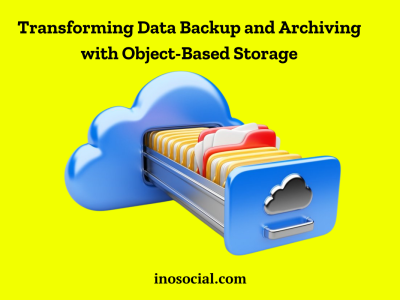Marketers and business owners collect huge amounts of information that need to be quickly processed. It’s vital for the optimization of the company’s development strategy. One of the methods that helps automate this process is business intelligence. A BI system is a tool that helps companies collect, analyze and provide information about their activities in a visual form.
BI systems are a must-have for companies that operate in a rapidly changing market and seek to optimize their activities. Professionals with extensive experience offer business intelligence services that allow you to get valuable information about business processes in one click, analyze it and make informed decisions faster.
Also, BI systems allow companies to better recognize target customers and understand what interests them in products. This, in turn, contributes to the development of the organization.

5 Main Tasks You Can Solve If Using the BI System
Do you still wonder what you need business intelligence for? Here are all the key problems solved with the help of BI systems.
- Analytics and reporting. BI systems are used to analyze business processes and provide information for decision-making and planning. They process the data and display the results in an interactive way so that experts can quickly identify problems and improve efficiency.
- Business optimization. The operation of BI systems helps to optimize business processes, reduce costs, and increase sales. The systems collect, analyze and visualize data in real time, allowing managers to make informed decisions right away.
- Management Improvement. High-performance BI systems help management better understand their business and make decisions based on accurate data. As a result, top managers can analyze their team’s performance, set new goals, and motivate employees to perform better.
- Trend Tracking. BI systems allow you to track business and industry trends and identify new opportunities. With the help of insights collected by a business analyst, managers can quickly react to a change in trend and take appropriate action.
- Competitive advantages. BI systems help companies gain a competitive edge by streamlining their business processes and improving operational efficiency. Such data analytics systems are of great value to the company and help it maintain its position in the market.
Thus, smart reporting systems provide an opportunity to
- see a summary of the income, expenses, and profits of the company;
- receive more accurate information for making managerial decisions;
- track and analyze business performance;
- carry out forecasting to improve results;
- stay ahead of competitors through operational analytics and information work.
How Does a BI System Work?
The capabilities of BI systems are realized through a complex process consisting of many stages. Let’s consider the main points.
- Data collection. The BI system starts by collecting data sources from various databases, CRM, file storage, and other sources.
- Consolidation of data. The system collects data from various sources into a single database to get a complete and accurate picture of the company’s business processes.
- Storage of information and preparation for analysis. The collected and combined data is placed in a centralized repository. To analyze and prepare information for reporting, the system performs primary processing of information: aggregation, transformations, filtering, and so on.
- Data analysis and visualization. Inside the BI system, data is analyzed and reports, dashboards, graphs, and other visualization options are created.
- Transfer of reports. Reports and data visualizations are distributed through various channels: email, mobile applications, corporate information portals, and the like.
- Scaling and optimization. After the first launch of a BI system, it must be periodically improved to ensure higher performance and analysis accuracy.
The Architecture of BI Systems: Everything You Should Know
The architecture of BI systems consists of several components that interact with each other to ensure efficient analysis and use of data. For BI systems, data sources are databases and storage, content management systems, social networks, CRM, and others. ETL processes are used to process data and transfer it from sources. ETL allows you to translate data into the desired format and ensure its quality.
The abbreviation DWH is Data Warehouse, that is, storage. They are a central part of the architecture and provide quick access to information. There are various types of storage, such as traditional databases and more modern NoSQL.
Data modeling and analytical tools: OLAP cubes, BI panels, dashboards, reports, and others. These tools provide users with access to detailed information in a user-friendly interface and functionality for analysis. After the analysis, you receive data presented in the form of a table, chart, graph, or other formats.
Should You Use Business Intelligence and Why?
Consider who usually uses BI systems.
- Top managers who make strategic decisions and monitor the overall dynamics of the business. Managers can use the dashboards generated by the BI system to view key performance indicators of the company, such as sales, profits, expenses, and personnel issues. BI systems also help managers analyze future market trends and predict long-term results.
- Middle managers who are responsible for specific business processes. They can use BI systems to get detailed information on particular tasks and evaluate the effectiveness of their work. BI systems also allow them to make sure that all tasks are completed on time and with optimal efficiency.
- Analysts and marketing specialists who work on data collection and processing. They use BI systems to analyze large amounts of information about customers, products, competitive companies, etc. Using this data, specialists develop new marketing strategies and improve existing ones.
Thus, BI systems are necessary for all levels of company management and can be used by various specialists to solve various business problems. That’s why don’t hesitate to order business intelligence services. It’s a great investment in your company’s success.











